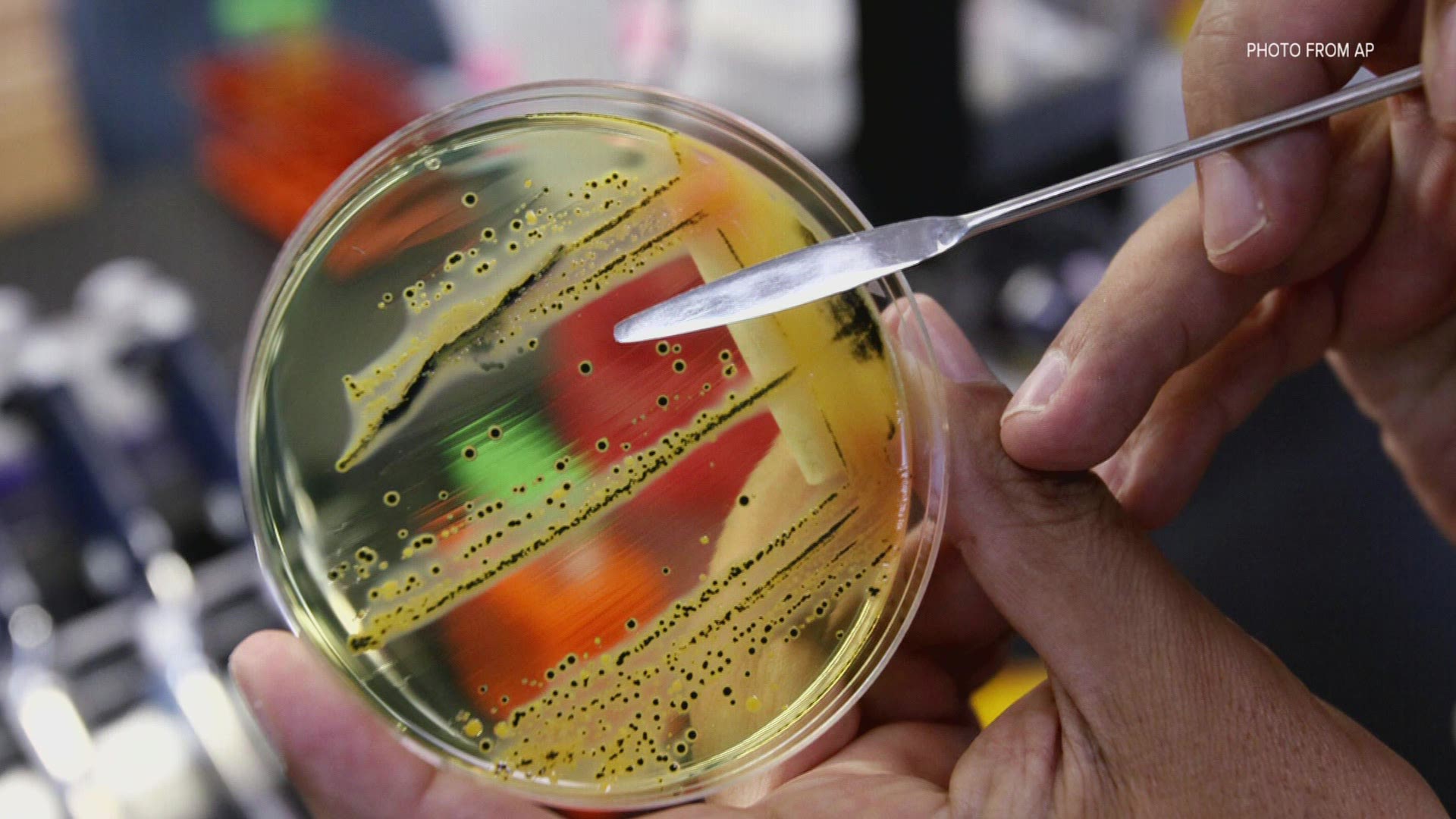SEATTLE — The Washington State Department of Health is now leading the investigation of an E. coli outbreak possibly linked to fresh produce.
The health department confirmed six E. coli cases in several counties, including three in King County, one in Snohomish County, one in Benton County and one in Walla Walla County. All six cases were linked to the same E. coli strain known as E. coli O157:H7, which produces a "Shiga" toxin that could cause serious illness.
The earliest detected case so far is one person who had symptoms on March 9. The most recent case was a person with symptoms starting April 21.
Of the six cases, three led to hospitalizations and one case resulted in hemolytic uremic syndrome, a complication that could lead to kidney and other organ damage.
DOH said total E. coli cases could be higher for counties that are still investigating additional cases.
King County, for example, is looking into an E. coli outbreak that sickened 7 children between April 22 and May 1. The cases are under 15 years old, with three kids who are under 5 years old.
In Snohomish County, public health officials are monitoring two cases of the Shiga toxin-producing E. coli strain.
Bill Marler, an attorney representing two children who got sick in the Seattle area, said both of the people he's representing have since been released from the hospital.
Marler was involved in one of the most notorious E. coli cases in U.S. history, when burgers from Jack in the Box caused illness among hundreds, killing four.
Brianne Kiner, then a child in Seattle, was among those who fell severely ill.
"When you represent someone like Brianne Kiner, that I did in 1993, it sort of changes your perspective on your practice," Marler said.
Marler now specializes in food borne illness cases and has represented clients on the issue across the U.S.
While the local health officials are investigating fresh produce as a possible cause for the outbreak, Marler said finding the exact culprit and its source are critical.
"We can look back and see how it may have happened and then from that, manufacturers can use that as a way to help prevent the next outbreak," Marler said.
Symptoms of an E. coli infection include diarrhea, notably bloody diarrhea, stomach cramps and no fever, according to DOH.
E. coli infection can be avoided by washing hands thoroughly after using the toilet or changing a baby diaper. Health officials also recommended cooking meat fully, separating raw meat from away from ready-to-eat foods, and washing raw produce thoroughly before eating.

